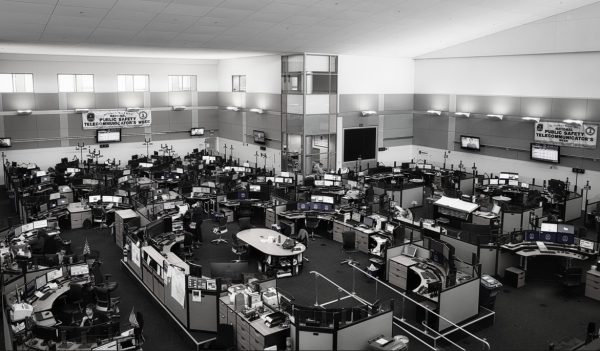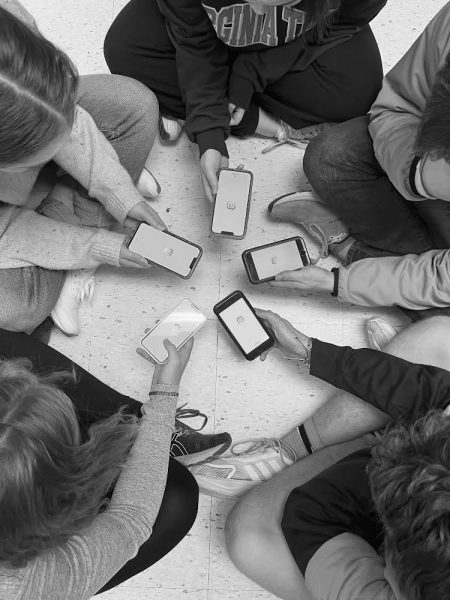13 Reasons Why Depiction of Suicide is Flawed
May 18, 2017
Released to Netflix subscribers on March 31, 13 Reasons Why found overnight success. A teen drama with a well-liked novel behind it and a significant online marketing presence, young adults flocked to it, the show quickly becoming one of the streaming titan’s most popular original programs. 13 Reasons even managed a fairly strong critical reception, averaging a 76 on MetaCritic, with most critics praising the talents of the young cast.
Following a high school student (Clay) who, after the suicide of a close friend named Hannah Baker, is given tapes left by the girl that explain the reasons behind the act, the show also attracted controversy almost immediately. Accused of glorifying suicide and taking a few steps too far in its final episode, in which Hannah is shown cutting herself and being found dead by her parents, the public’s view of the show took a sudden left turn. Mental health experts also took issue with 13 Reasons’ stance that depression can be cured simply through affection, calling it a gross simplification of a incredibly complicated subject.
This negative view of 13 Reasons Why is warranted, but not necessarily for the reasons most critics propose. No, this is simply a bad show, one so consistently half-baked that one must wonder how it managed to attract the talents of such directors as Tom McCarthy (Spotlight) and Kyle Patrick Alvarez (The Stanford Prison Experiment). With plot holes galore (ex: Clay’s tape is set up as incriminating but has literally nothing to it), characters that speak in near-constant platitudes (“‘You can’t go back to how things were. How you thought they were. All you really have is… now.”’ Really?), and a cast that jumps from revelatory (Dylan Minnette and Katherine Langford as Clay and Hannah, respectively) to unbearable (Alisha Boe is profoundly dull as Hannah’s friend Jessica), the show is faulty at nearly every turn.
So, yes, 13 Reasons Why deserves to be criticized for its flawed depiction of suicide. However, its flaws as a piece of art are so glaringly obvious that audiences should have instantly ignored any of the problematic moments that materialize in the show’s latter episodes. 13 Reasons simply isn’t good enough to earn the debate it’s spurred.










